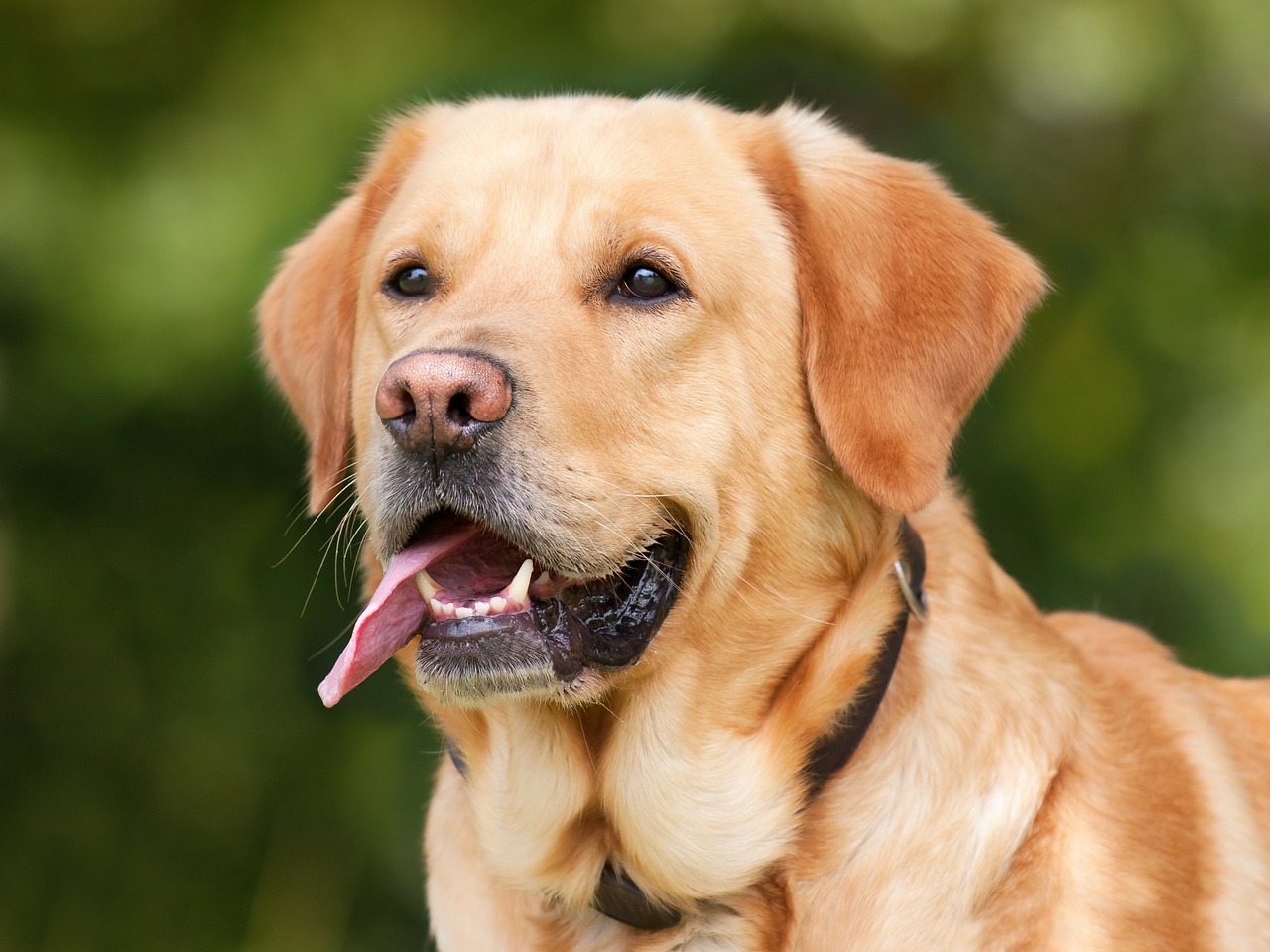How To Treat A Dog With A Hoarse Bark?
As dog owners, our furry companions rely on vocal cues to communicate everything from excitement to alert us of danger. So, it can be quite alarming when their usual bark is replaced by a hoarse whisper. A hoarse bark in dogs can be caused by a variety of factors, some minor and easily treatable, while others require veterinary attention.
Common Causes of Hoarse Bark in Dogs
Laryngitis: Similar to humans, dogs can develop laryngitis, an inflammation of the larynx (voice box). This inflammation can be caused by excessive barking, exposure to irritants like smoke or dust, or even kennel cough (an infectious respiratory disease).
Kennel Cough: Highly contagious among dogs, kennel cough is an upper respiratory infection often contracted in boarding facilities or dog parks. While a hoarse cough is a common symptom, kennel cough can also present with a hacking cough, sneezing, and lethargy.
Foreign Object Inhalation: If your dog has inhaled a foreign object like a blade of grass or a small toy, it can irritate the larynx and cause hoarseness. Be aware of coughing, pawing at the mouth, and difficulty breathing, which might indicate a lodged object.
Gastroesophageal Reflux Disease (GERD): When stomach acid flows back into the esophagus, causing irritation to the throat and vocal cords, resulting in hoarseness.
Laryngeal Paralysis is a condition that predominantly affects older, larger breed dogs and is characterized by a dysfunction in the movement of the larynx.
It occurs when the muscles controlling the vocal cords weaken, making it difficult to breathe and bark normally.
Tumors or Masses: In rare cases, a hoarse bark can be a symptom of a tumor or mass in the throat or larynx.
It's important to note that this is not an exhaustive list, and any unusual changes in your dog's bark warrant a visit to the veterinarian.
Ways to assist your dog with a hoarse bark:
While some cases of hoarseness might resolve on their own with a little rest, here are some steps you can take to help your dog feel better:
Rest and Reduced Activity: Just like us, rest is crucial for healing. Limit playtime and walks to allow your dog's voice box to recover.
Keep your dog hydrated by providing access to ample fresh water, which can help soothe a dry or irritated throat.
Consider using a cool-mist humidifier to increase moisture in the air, which can alleviate breathing difficulties and reduce throat discomfort for your dog.
Soft Food: If your dog's throat is sore, offer them a soft or wet food diet that's easier to swallow.
Remember, these are home remedies, and consulting your veterinarian is always the best course of action.
When to See the Vet
If your dog's hoarse bark persists beyond a few days and is accompanied by symptoms such as coughing, lethargy, or difficulty breathing, it's crucial to arrange a veterinary appointment promptly. Early diagnosis and treatment of the underlying cause will lead to a faster and smoother recovery for your furry friend.
Here are some additional points to consider when taking your dog to the vet:
Severity of Hoarseness: A complete loss of voice or a bark that sounds painful requires immediate veterinary attention.
Duration of Symptoms: A hoarse bark lasting more than a few days or one that worsens over time necessitates a vet visit.
Accompanying Symptoms: If the hoarseness is accompanied by coughing, fever, lethargy, or difficulty breathing, don't delay a vet visit.
FAQs
Q: Can I give my dog over-the-counter cough suppressants?
Always consult your veterinarian before administering any medication to your dog. Human medications can be toxic to dogs, so it's important to seek professional advice..
Q: How long does it take for a dog to recover from laryngitis?
With proper rest and minimal irritation, laryngitis in dogs usually resolves within a week to ten days.
Q: Is a hoarse bark a sign of something serious?
While hoarseness can be caused by minor issues, it's important to consult your veterinarian to rule out any underlying conditions.
Conclusion
By understanding the potential causes of a hoarse bark and taking the necessary steps for treatment, you can help your dog regain their voice and get back to their usual vocal communication.




Comments
Post a Comment